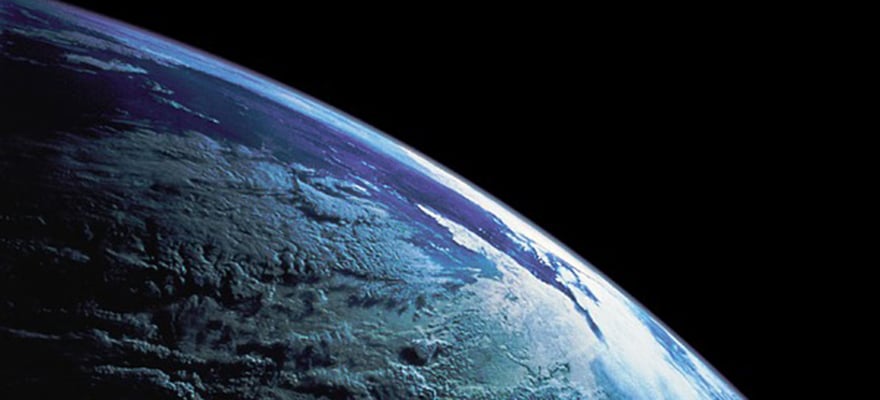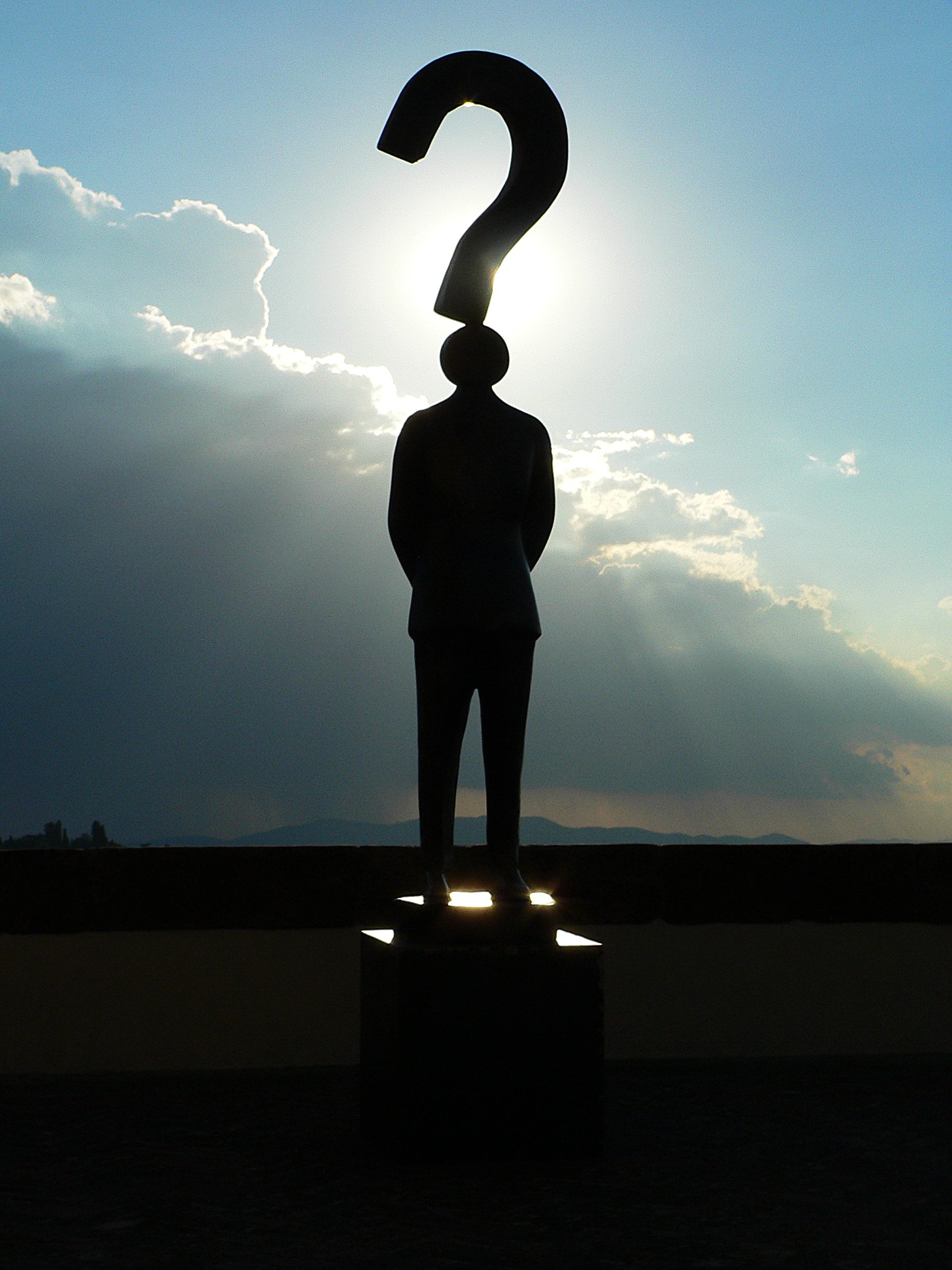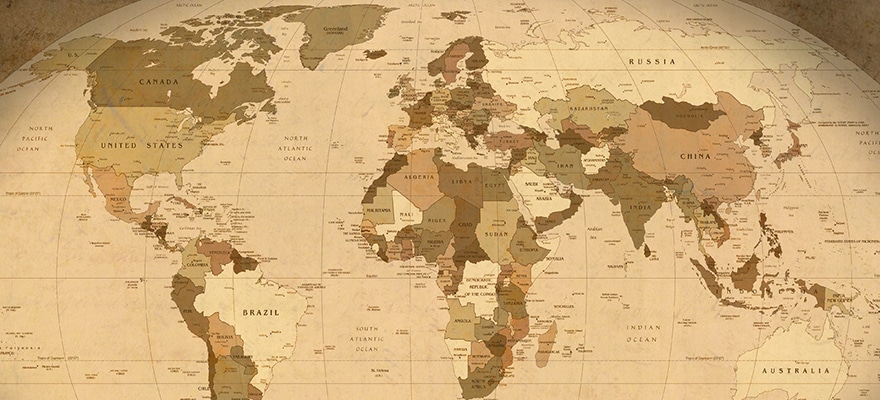This guest article was written by William Laraque who is the Managing Director of US-International Trade Services.
In Exchange for 600,000 barrels of oil a day, China has lavished cash, investment and her retail merchants on Venezuela. China's foreign and economic policy of non-intervention in the type of government and socio-economic regime it invests in has not worked out so well in the case of Venezuela.
Take the lead from today’s leaders. FM London Summit, 14-15 November, 2016. Register here!
Three opposition leaders to the Maduro regime have been invited to Beijing to discuss the recognition of debt, some $20 billion which remains unpaid to China. Some 30,000 Chinese citizens who very typically had taken over the retail markets of the countries China 'invests' in, have left Venezuela.
Some 100,000 Chinese remain in Venezuela. China has issued warnings to its expatriates, warnings of violence, kidnappings, crimes against foreigners who are perceived to have money in an economically, socially and politically distressed country where lawlessness is rife. Food and such basic necessities as toilet paper and diapers are scarce.
In sum, in a continent which largely has democratically-elected leadership and free-market economies, the Chinese R4I or Resources for Infrastructure Investment program is a disaster.
The Alternative
The alternative is for the US to continue to encourage and support democratically-elected leaders in such countries as Venezuela. I suggest an economic twist however.
The twist involves the US providing local entrepreneurs and SMEs access to e-commerce platforms in order to facilitate the global scaling of local and regional products. In so doing, Venezuela and such countries as Colombia can diversify from exporting such commodities as oil and cocaine.
This would provide market alternatives to FARC, which has been called the world's largest drug cartel, and to the homicides, kidnappings, theft and corruption which are now rampant in Venezuela and which will return to Colombia unless the now unemployed members of FARC again find gainful employment.


















